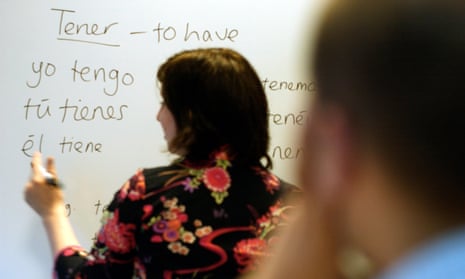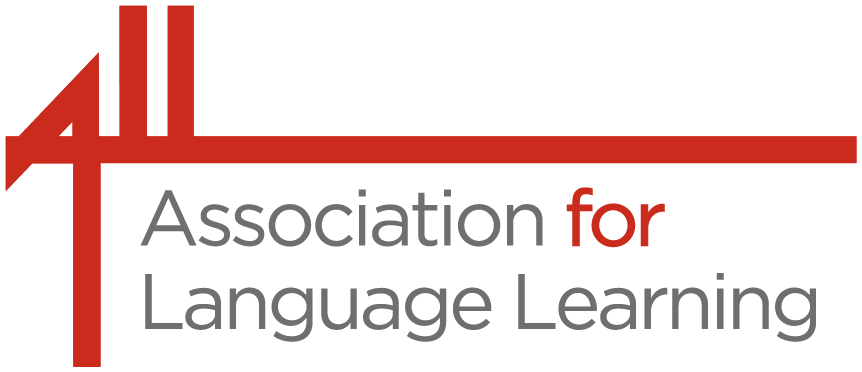Exclusive: Report reveals postcode lottery as barely half FE institutions offer some form of language teaching

Business groups and language experts are calling on ministers to make linguistic skills a core part of vocational training, after research found young people are unable to study languages at large numbers of further education colleges.
A report by the British Academy published on Monday, shows that despite the importance of linguistic skills in many jobs, the ability to learn French, German or Spanish, let alone less common languages, has become a postcode lottery.
Researchers at Queen’s University Belfast analysed all 204 further education colleges (FE) in the UK, excluding sixth-form colleges. They found barely half offered some form of language teaching.
The picture is even worse in England, where only 70 out of 160 FE colleges taught a modern foreign language. . There is “next to no” language teaching throughout the north-east, north-west, east and south-west of England, the report finds. Out of 17 FE colleges in the east of England, only six offer any form of language learning.
Only two of 12 colleges in the north-east of England provide language teaching, and in the north-west, just over half of colleges have no language teaching whatsoever. “Without appropriate action, we risk entrenching regional disparities,” said Neil Kenny, professor of French at the University of Oxford, and lead fellow for languages at the British Academy.
In England, the introduction in 2020 of new T-levels – two-year vocational courses which are broadly equivalent to three A-levels – has so far been a missed opportunity, the report finds. Although they have been developed in a range of subjects, “there is no indication that T- levels will be developed in languages or that T-levels will include a language element”, the report states.
Business groups and language experts called on the government to take immediate action.
Jean Coussins, the chair of the all-party parliamentary group for modern languages, said: “It is concerning that in 2023, when the UK should be looking outwards for exporting more, growing the economy and equipping our young people with the necessary skills for the interconnected jobs of the 21st century, we are seeing such regional disparities and ‘cold spots’.
“The government needs to create a better strategic framework and funding for languages to encourage FE colleges to invest with confidence,” Lady Coussins said.
Eddie Playfair, senior policy manager at the Association of Colleges, which represents FE institutions, said: “Colleges would love to offer more language courses, but that means more investment and more vocational qualification options.”
Robert West, the head of education and skills at the CBI, said: “Employer demand for foreign language skills has significantly increased over the last few years, but uptake of these subjects at schools and colleges remains way too low.
“This report shows that reversing this trend is critical to increasing the UK’s global competitiveness and to ensuring young people have the high level of cultural awareness that supports a successful career. That means investing in vocational language training at FE colleges, as well as encouraging more young people to study languages at GCSE and A-level.
Peter Aldous MP, the chair of the all-party parliamentary group on further education and lifelong learning, said: “For Global Britain to remain competitive, the government must ensure future generations can communicate with entrepreneurs across the world, close business deals abroad in people’s native tongue and engage in cutting edge skills sharing with overseas talent.
“These privileges should not be the preserve of those who take an academic route, so more flexibility is needed to ensure students on technical paths can also study a language alongside their vocational training.”
A Department for Education spokesperson said: “Decisions about what qualifications or courses are offered at FE colleges are matter for individual colleges, based on what works for their local communities.
“The department provides funding to FE colleges so young people aged 16 to 19 across the country can study a range of language qualifications including A-levels, AS-levels, and GCSEs alongside vocational qualifications.
“Early uptake of languages is key, which is why we launched our language hubs programme which will see thousands more students benefit from high-quality language teaching in school.”
